Eimskip has published its environmental report for the second quarter of 2022. The report provides valuable information about the Company´s environmental status to the market. The report can be viewed the report here
Eimskip expanded the ESG reporting for the year 2021 by providing more information, and that journey continues in 2022. The first step was to map the emission from the vessels and the operation in Iceland, but Eimskip´s vessels are responsible for 96% of the fossil fuel consumption in the operation. Additional steps were taken in 2021 to include more of the international offices in the statement, and in 2021, the offices in the Faroe Islands, Germany, Poland, Spain, and the UK started registering environmental information regarding scopes 1 and 2. So far this year, the offices in Norway, Italy, and the Netherlands are contributing data to the system, and more will follow before the end of 2022.
The emission in scope 1 in Q2 2022 was 1% lower than last year’s emission for the same period. Scope 1 is still the Company’s main concern, and the Company keeps its strong focus on future possibilities when it comes to energy change.
The emission in scope 2 has increased compared to Q2 2021, where the only reason is additional data from the international offices, which are now included in the measurements. Until now, scope 2 has been very low in the operation due to the low CO2 emission factor in Iceland, where the energy is green. Unfortunately, not all countries have as good access to green energy as Iceland, so globally, the CO2 emission factor is much higher. Even though less energy is used in those countries, the CO2 emission is higher. Eimskip plans to build new facilities in the Netherlands and the Faroe Islands and part of the building plan is how to improve energy efficiency e.g., by using solar panels.
Scope 3 has risen between periods mainly due to an increase in employee traveling in Q2 where Covid-19 had a strong impact on traveling in the years 2020 and 2021
Eimskip continues to work on environmental projects in order to reduce the impact on the environment and to take steps in reducing CO2 emission but the Company set main goal in 2015 to reduce the CO2 emission per transported tonne by 40% before 2030.

